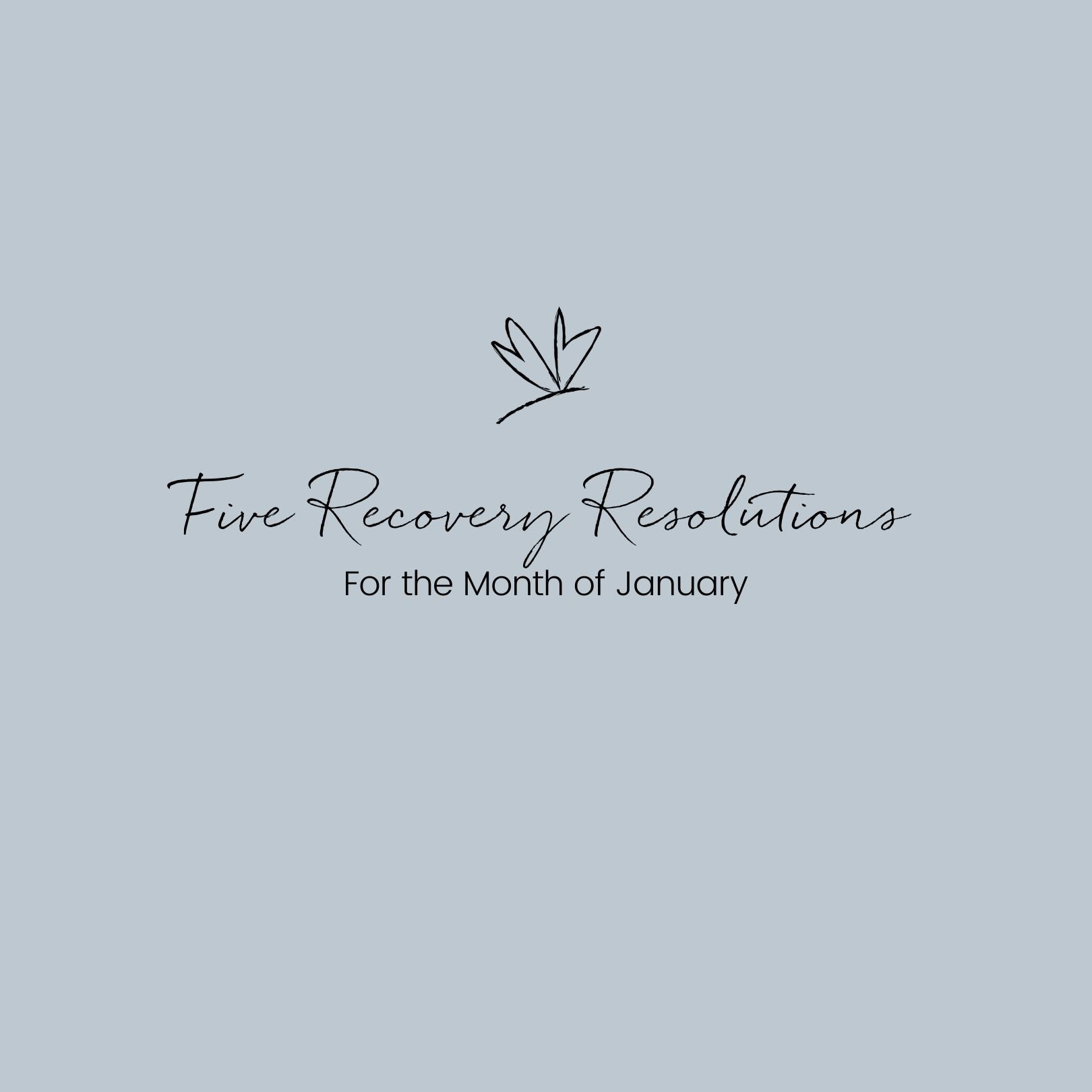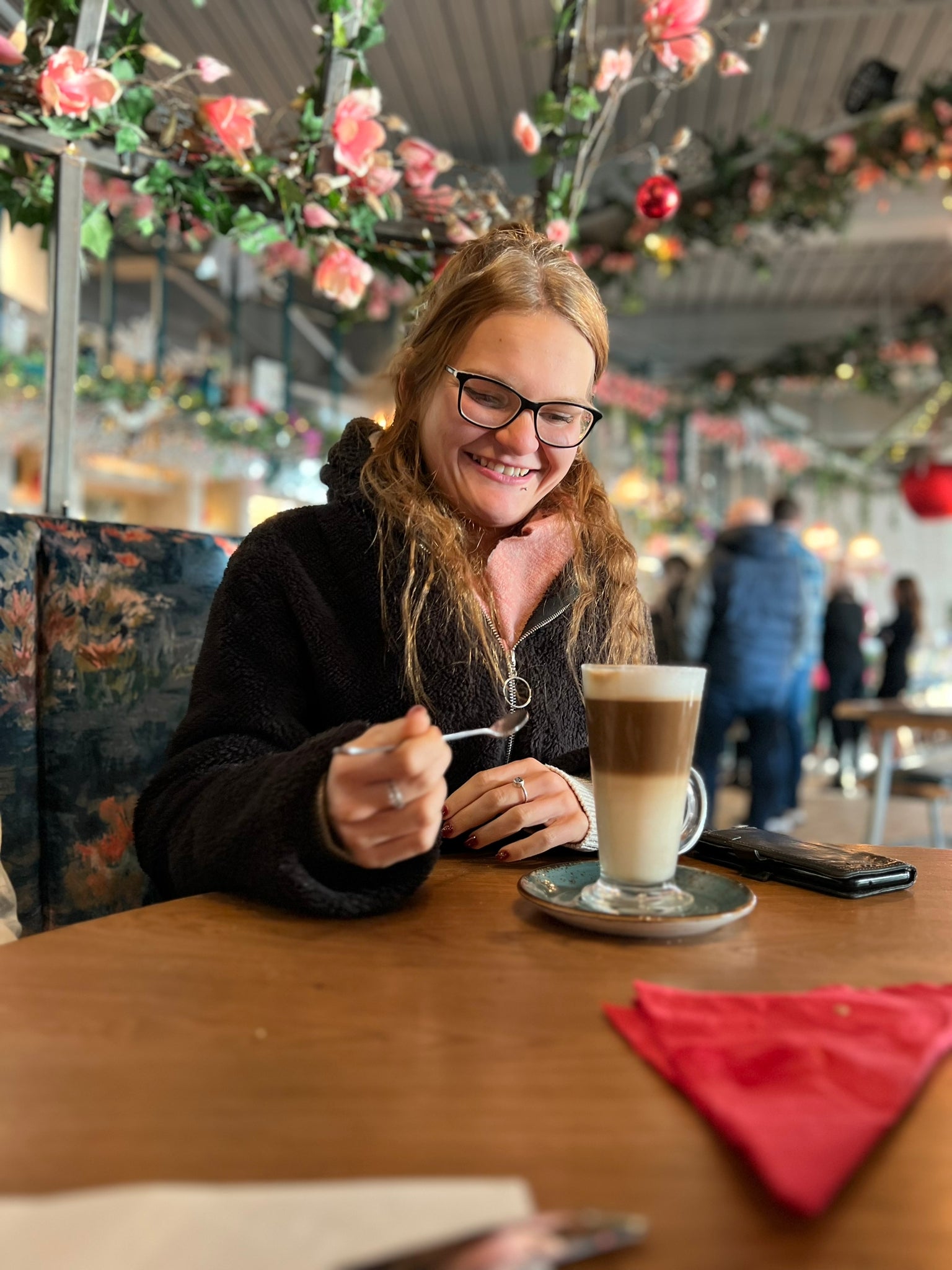Gender is no immunity: Why We Must Talk About Men & Eating Disorders
Whatever the colour of your skin, your age, your gender or your class, it’s likely the pandemic will have had an impact on your physical and mental wellbeing.
For some of us, the health impact might be more immediate, while for others, it will be a consequence we witness some weeks or months – or years even – in the future.
What we do know, however, is that evidence has persistently suggested that it’s the males in our population who are inherently less likely to reach out when their health is suffering, or when their needs are in some way not being met.
It’s why, in Men’s Health Week, we feel it’s absolutely imperative to talk about men and eating disorders at this time, and to actively reinforce the need for males to come forward.
Ordinarily, males experiencing eating disorders may often shy away from putting their head above the parapet.
Why?
Well…
- Because so often they’ll doubt the validity of their own illness, and fail to recognise it as a genuine eating disorder. “Am I really sick…or just being good about my weight?”…. “My friends don’t appear worried about me, so I’m sure I’m fine….”.
- Our cultural ‘norms’ still centre on the assumption that it’s women and girls who get eating disorders – not guys. It makes it less likely that others will raise the alarm about a male, or that a male will see himself as a sufferer as early as a female might.
- Healthcare professionals still, even in 2020, have their own perceptions around the typical sufferer of an eating disorder. There’s a high chance that a male exhibiting signs may first get looked at for ‘depression’, ‘anxiety’, ‘sleep disorders’…rather than acknowledging an eating disorder possibility
- Male masculinity? Is that a factor? Possibly. Our evidence suggests that adult males feel even more ‘ashamed’ at the fact they’re experiencing aspects of an eating disorder, as they feel they should be ‘strong enough’ to overcome such thoughts or behaviours – particularly if they’re a father or husband
- Treatment pathways are more of a fear factor for male sufferers. We’ve known males to turn down treatment even in their most severe circumstances, because they fear being in a unit predominantly surrounded by females.
And all this is aside from the context of Covid.
As we’re hearing on the news on a daily basis, people are becoming more anxious about the thought of raising concerns with a GP or other health professional.
We’re hearing tales of people deliberately avoiding hospitals, surgeries and treatment centres.
And, to add to the potential complexities, we know more people are living on their own or are in less contact with those who might otherwise of been able to ‘spot’ someone’s deteriorating mental or physical health.
Where once upon a time a guy might have had a time hiding is changing weight, is greying skin, his energy deficit or mood changes during periods of time in company with friends, family or colleagues – in the time of Covid, who may be able to ‘wear a face’ long enough for a Zoom chat or a whatsapp discussion.
So how do we use this awareness week to make sure we play a role in making a difference?
Well, let’s be vigilant for starters.
If you’re worried about a male companion or relative, make time to chat – and to really listen.
And if you’re battling, please know that your gender makes no difference whatsoever.
The eating disorder won’t care whether you’re a male or a female. It will simply want to destroy your life.
Let us help if we can.
Do drop us a line for support, at hello@wednesdayschild.co.uk
- Jun 2020





